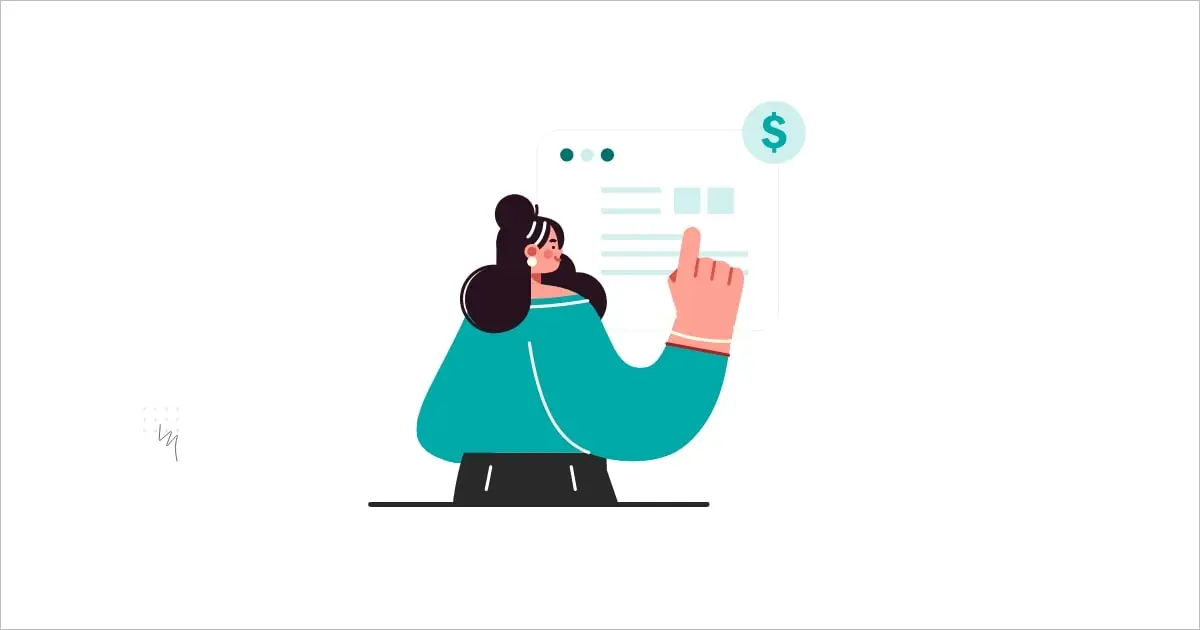Employee upskilling and strategic learning and development are critical for maintaining business performance and competitiveness in the pharmaceutical industry. However, not all businesses have the time, money, and experience to plan, execute, and manage training efforts effectively. External learning partners and managed learning service providers are important in helping pharma companies create a healthy learning environment for their employees. Managed learning for pharma can successfully address prevalent challenges in today’s dynamic learning environment.
Outsourcing, in general, has become increasingly important in the pharmaceutical sector to improve quality and shorten lead times. The public and advocacy groups increasingly demand improved therapies delivered sooner and cheaper, putting enormous pressure on regulators and policymakers. Furthermore, in 2024, the pharmaceutical sector has been characterized by notable regulatory shifts, underscoring a pivotal trend.
The upcoming round of regulatory revisions will demand flexibility and resilience from the industry. Adapting to these changes will require pharmaceutical companies to prioritize innovation and efficiency to navigate the evolving landscape successfully. Managed learning for pharmaceutical companies will be a game-changer, offering a streamlined approach to regulatory training with customizable content, diverse learning formats, expertly curated materials, and an integrated platform—all handled on your behalf. This solution aims to lower expenses, improve operational efficiency, and elevate knowledge retention.
Pharma Regulations: The Challenges
It is not just a goal but a need in the fast-paced world of pharmaceuticals to keep ahead of regulatory changes. Pharma rules always change, making it extremely difficult for businesses to comply. Here are some reasons why:
Constantly Changing Rules: New laws, shifting international standards, and scientific discoveries all contribute to the constant evolution of pharmaceutical rules. Pharmaceutical firms need to be vigilant and flexible in an ever-changing climate. Every upgrade introduces additional complexity, making it more challenging for businesses to comprehend and successfully apply these modifications.
Challenges with Traditional Training: Pharmaceutical businesses have historically depended on labor-intensive and frequently time-consuming traditional training techniques. Conducting in-person seminars or workshops costs a lot of money and precious time. Moreover, maintaining compliance with all employees’ most recent regulatory subtleties is logistically difficult, particularly for international firms with dispersed workforces.
Consequences of Non-Compliance: Failure to comply with rules can have serious implications, including heavy penalties, product recalls, and delays in market acceptance. Furthermore, non-compliance tarnishes a company’s brand and undermines customer trust, compromising its market position and profitability.
Given these challenges, pharmaceutical businesses increasingly seek new solutions to improve regulatory compliance and operational efficiency.
Managed Learning for Pharma: Enhancing Training for the Professionals
The management of learning initiatives within the pharmaceutical sector must demonstrate exceptional capability in providing extensive training solutions customized to meet the specific requirements of contemporary enterprises. Here’s how they achieve it:
Tailored Training Solutions
- Customized Learning Paths: Managed learning providers create bespoke learning paths that align with specific regulatory requirements for various organizational roles and departments. This ensures that each employee receives training relevant to their responsibilities.
- Modular Content: Breaking learning materials into manageable modules empowers employees to engage in learning without disturbing their daily workflow, encouraging continuous learning and skill enrichment.
- Adaptive Platforms: Managed learning platforms utilize adaptive learning technologies to customize the learning experience based on individual preferences and needs, effectively increasing learner engagement and retention.
Real-time Updates and Assessments
- Regulatory Alerts: Managed learning in pharma offers instant notifications on regulatory changes, ensuring employees stay informed and compliant with industry standards.
- Continuous Evaluation: Regular assessments help gauge employees’ understanding of the material and identify areas where additional training may be needed. Continuous assessment nurtures an environment centered on enhancing performance.
- Feedback Loops: Interactive platforms encourage feedback from learners, facilitating continuous improvement in training content and delivery methods.
Scalability and Flexibility
- Global Reach: Managed learning for pharma, extending training initiatives across different geographical locations and maintaining consistent compliance standards globally.
- Scalable Solutions: With scalable infrastructure and resources, managed learning providers seamlessly accommodate organizational growth and adapt to evolving regulatory landscapes.
- On-demand Access: Providing training materials around the clock and across various locations enables employees to learn independently, boosting flexibility and accessibility.
Data-driven Insights
- Performance Analytics: Managed learning platforms systematically monitor learner progress and assess the effectiveness of training programs using comprehensive performance analytics. This data identifies trends and pinpoints areas for enhancement.
- Predictive Analytics: By leveraging predictive analytics, managed learning providers in pharma anticipate future regulatory trends and proactively address compliance challenges before they arise.
- Actionable Intelligence: Data-driven insights inform strategic decision-making, optimize training investments and drive better organizational outcomes.
Conclusion
Managed learning for pharma offers pharmaceutical companies a vital solution to navigate regulatory complexities and enhance workforce training effectively. Managed learning ensures continuous skill development and compliance by providing tailored learning paths, modular content, and real-time updates. This proactive approach boosts operational efficiency and safeguards against non-compliance risks, preserving brand reputation and market competitiveness. Embracing managed learning for pharma emerges as a crucial strategy for sustainable growth and innovation in the pharmaceutical sector.
Learn from industry experts about navigating regulatory transformations with effective training strategies. Contact our managed learning service experts to design solutions that meet your unique training needs.





